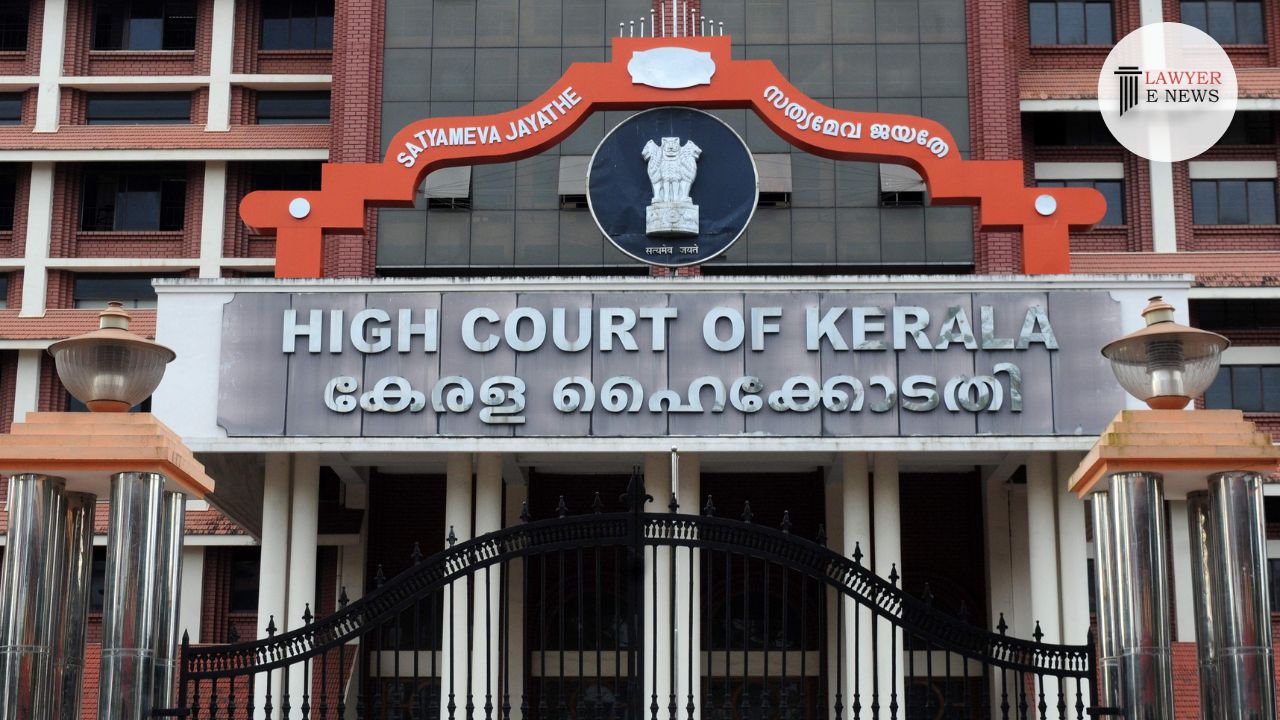-
by sayum
14 February 2026 2:22 PM



In a significant legal development, the Kerala High Court delivered a landmark judgement on August 3rd, 2023, clarifying the interpretation of the term "relative" under Section 498-A of the Indian Penal Code (IPC). The ruling comes as a result of a Criminal Misc. Case (Crl.M.C. No. 5681 of 2021) brought before the court by Chandhini T.K, who was the 4th accused in Criminal Case No. 116/2020.
The case revolved around the accusation of cruelty against Chandhini T.K for her alleged involvement in a live-in relationship with the complainant's husband. The court, presided over by The Honourable Mr. Justice K. Babu, meticulously examined the legal definitions and nuances of the term "relative" as stipulated under Section 498-A of the IPC.
In its observation, the court stated, "By no stretch of imagination, a girlfriend or even a woman who maintains sexual relations with a man outside of marriage in an etymological sense would be a 'relative'. The word 'relative' brings within its purview a status. Such status must be conferred either by blood or marriage, or adoption. If no marriage has taken place, the question of one being relative of another would not arise." The court, therefore, emphasized that the term "relative" does not extend to a woman in a live-in relationship.
The judgement has far-reaching implications as it clarifies that a woman in a romantic or sexual relationship with a married man cannot be prosecuted under Section 498-A of the IPC. This interpretation of the term "relative" in the context of live-in relationships underscores the court's commitment to a strict construction of penal provisions.
The court's decision led to the quashing of the FIR and the final report against Chandhini T.K, reinforcing the principle that prosecution under Section 498-A of the IPC requires a specific status of relation conferred by blood, marriage, or adoption.
This ruling aligns with the evolving legal landscape surrounding relationships and marriage, providing clarity on the boundaries of prosecution under Section 498-A. The judgement also underscores the importance of judicial scrutiny in cases involving penal provisions, ensuring that statutes are interpreted in accordance with their precise legal definitions and intent.
Date of Decision: August 3rd, 2023
CHANDHINI. T.K vs STATE OF KERALA
